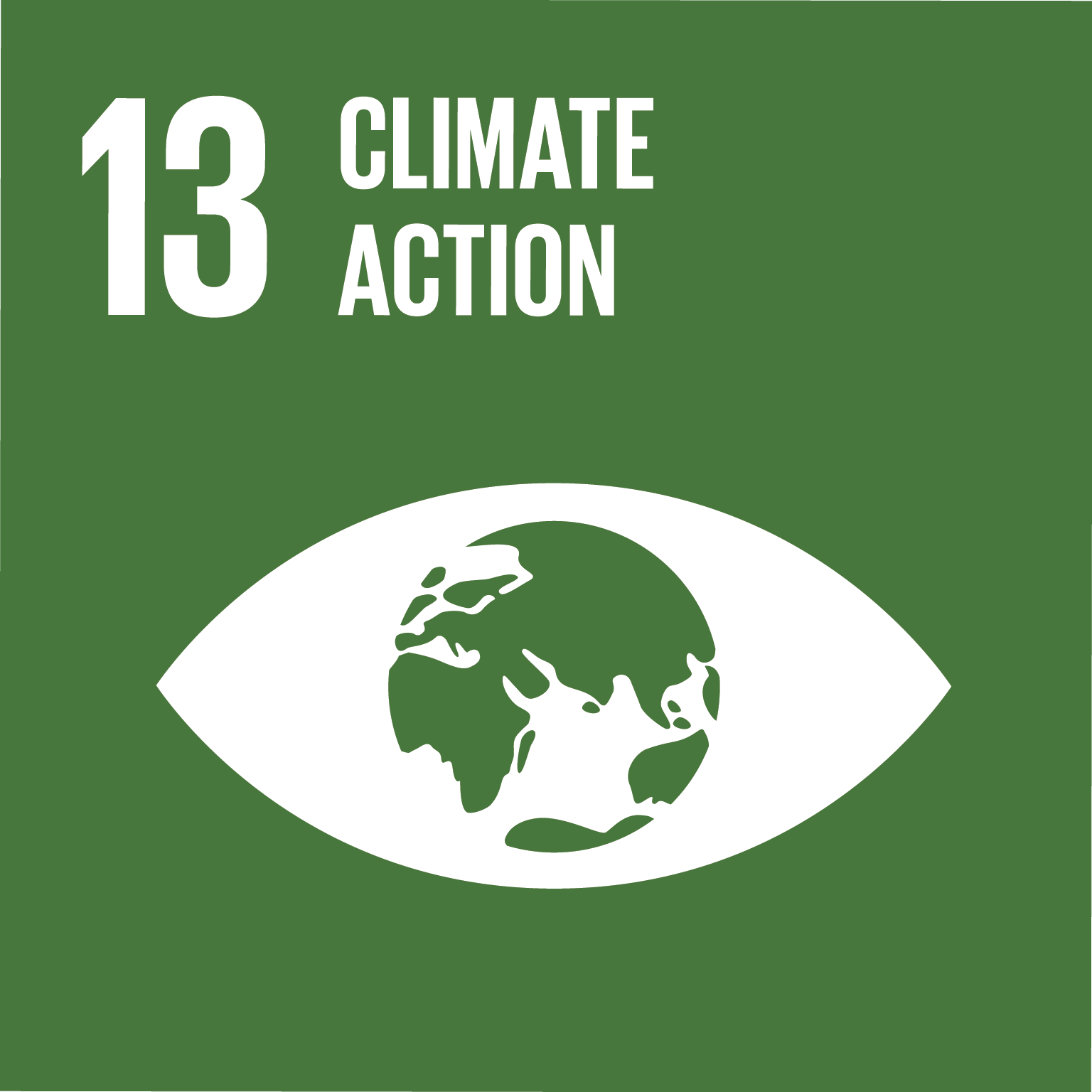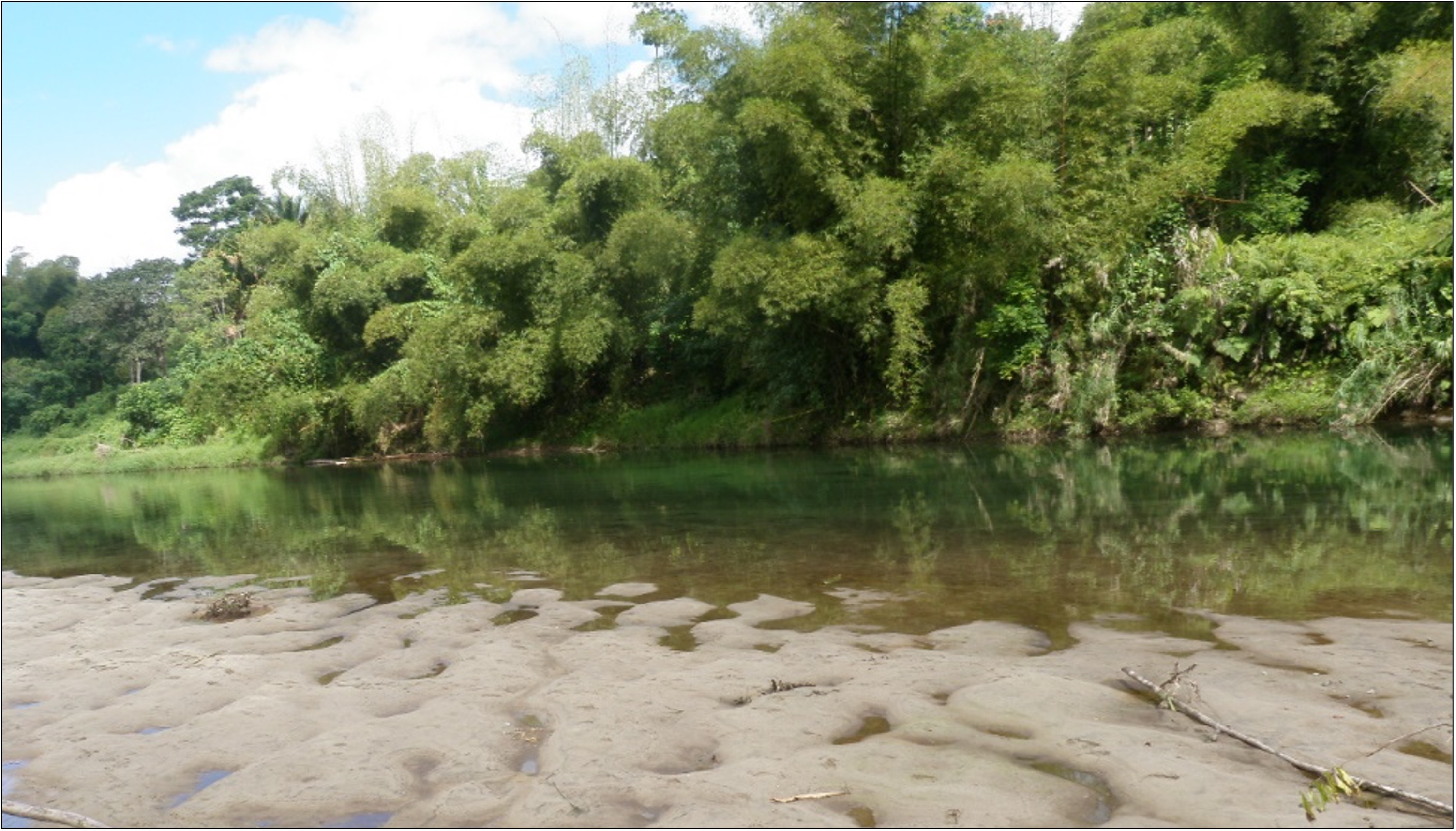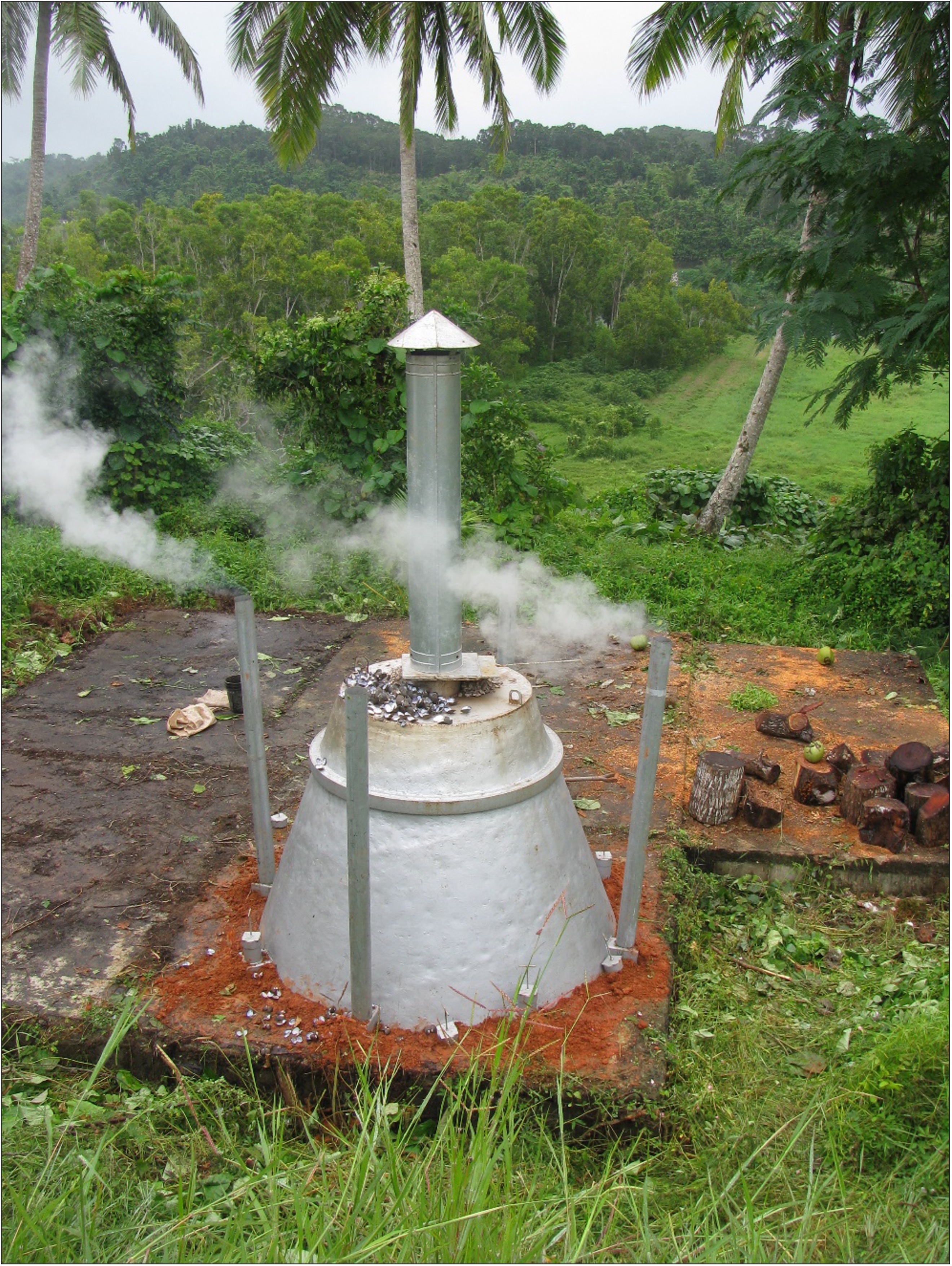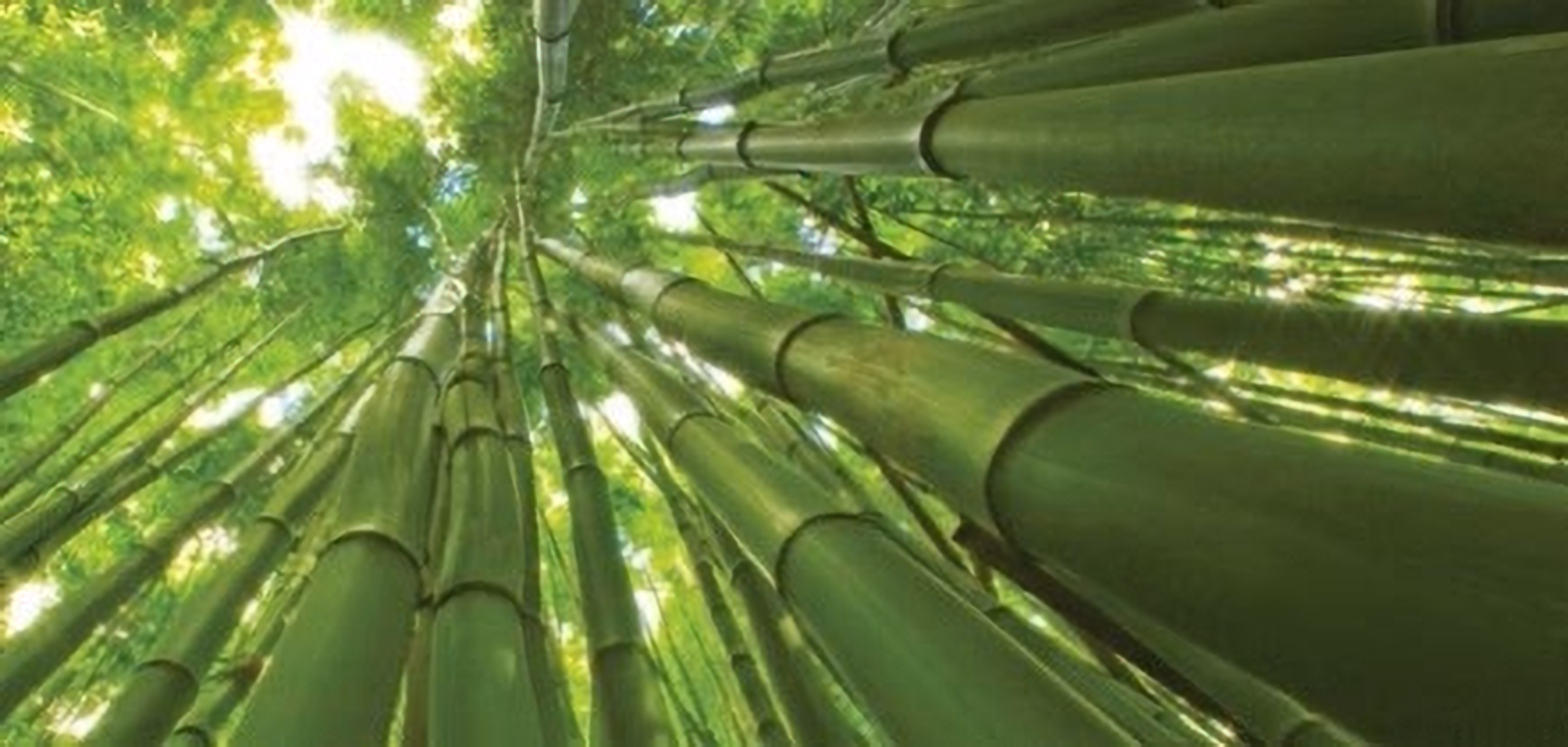 Bamboo Development Initiative Supports Green Economy in Pacific Island Countries
Establishing a Bamboo Centre in Fiji to serve as a focal point for bamboo-related activities and to revive the bamboo industry in the Pacific
Bamboo Development Initiative Supports Green Economy in Pacific Island Countries
Establishing a Bamboo Centre in Fiji to serve as a focal point for bamboo-related activities and to revive the bamboo industry in the Pacific

Challenges
The Pacific Islands Development Forum (PIDF) considers Bamboo as a vital resource in the Green Economy. Bamboo is potentially a key component of the Green Economy’s transformation. Its presence in several Pacific Island countries and its versatility could offer Pacific people sustainable solutions to their needs. It could also become an important source of employment and income for communities that are currently underemployed.
In the Pacific region a few attempts in bamboo-related activities have been made, but many have not been followed up. There have been several trainings provided in relation to bamboo in both propagation and utilization, but although this kind of skills training is important, it is not enough. These skills need to be coupled with other trainings, such as simple business principles or financial management. In addition, the lack of planting materials for most of the introduced species has stymied the development of the local bamboo industry.
Towards a Solution
In Pacific Island countries (PICs), Bamboo Development contributes to the achievement of the Sustainable Development Goals (SDGs). Bamboo Centres serves as a national focal point for bamboo-related activities such as botanical and agricultural research, mapping of bamboo habitats, advocacy work, research in innovative applications (such as paper and cloth making), training in propagation and the skills required in the industry’s many applications, and establishing policy that promotes the industry’s growth.
Bamboo grows well in the Pacific, and there is enough variety to suit a wide range of applications. Fiji, for example, has 20 species of bamboo (only one of which, Schizostacyum glaucifolium, is indigenous), including species that grow extremely long and are strong enough for use in the construction industry, particularly for their properties that make them ideal for use in cyclone-resistant buildings.
The PIDF, in collaboration with partners, such as the International Bamboo and Rattan Organization (INBAR), is supporting Fiji’s efforts to establish a Bamboo centre, with the goal of methodically building an industry out of an underutilized resource. This centre will become the country’s epicentre for all things bamboo. The Ministry of Forestry has finalized the site selection for the bamboo centre, and the necessary legal documentation is nearing completion for approval.
The relevant Government Ministries, Bamboo Association of Fiji, PIDF, Fiji National University, and international resource personnel make up the Fiji national technical working group, which was formed in 2021 to develop a short to medium term plan for the industry. Seedlings and inventory, strength and treatment, affordable housing, small business, and the Bamboo Centre are all addressed in the plan.
The PIDF serves as a regional hub to eventually link such centres in other Pacific Island Countries through a dedicated knowledge portal. It will also endeavour to link these to other centres around the world through the INBAR network. The preparatory work has been made possible through a MoU established between INBAR and PIDF, and subsequently the Government of Fiji joining INBAR in September 2020. The Bamboo Centre will be guided by the Ministry of Forestry and in accordance with the needs of the industry as expressed by the Bamboo Association of Fiji.
PIDF’s partnership with the Pacific Agribusiness Research Development Initiative saw the publishing of a Bamboo Agribusiness Compendium in 2021. This is now housed at the PIDF knowledge hub, together with PIDF’s other portals, including the Pacific Green Business Centre (PGBC).
The opportunities are limitless. This Centre will be the hub of an industry that could provide Fiji with significant economic benefits, provide employment for many its youth, and reduce imports of products made of materials that do not necessarily fit the green transformation that Pacific Island countries have chosen to pursue and that the PIDF has been tasked to support.
An essential element is the integration of women in the running of the Centre. Working with the Fiji Ministry of Women, Children and Poverty Alleviation, the Centre would facilitate training of women in cultivation, preservation, craft making, management and administration of the Bamboo Centre.
Through the PIDF membership, the Centre will support other PIDF member countries in the development of their own bamboo industries, either through the establishment of their own bamboo centres or through provision of training and other services, as per the individual countries’requirements.
With the initial support of the Government of Fiji, the PIDF and INBAR, through a joint project, work on establishing the Centre is well underway. It is expected to eventually function independently. To do so, the Centre will develop its own financing plan in the first six months of operation taking into account the potential for generating funds from its course offerings, sales from its nurseries and workshops, services that can be offered to government agencies and the private sector and project proposals to development partners.
Through the Centre, Bamboo entrepreneurs will be supported through a variety of opportunities in the tourism industry, including building resort outfits and selling souvenirs. This also includes training in fencing, blinds and other kitchen products; and in bathroom and other home, office and commercial products – all of which could be produced locally at a competitive price. They will be trained in bamboo furniture which would also benefit the furniture industry, both for the rustic, beach and resort market, as well as for the modern and office furniture market, thanks to the use of bamboo composites. Bamboo composites could also provide material for flooring and interiors in both domestic and international markets.
Contact Information
Countries involved
Supported by
Implementing Entities
Project Status
Project Period
URL of the practice
Primary SDG
Primary SDG Targets
Secondary SDGs
Secondary SDG Targets
Similar Solutions
| NAME OF SOLUTION | Countries | SDG | Project Status | |
|---|---|---|---|---|
A Billion Brains: Smarter Children, Healthier Economies High Level Meeting on South-South Cooperation for Child Rights |
Fiji, Micronesia (Federated States of), Tonga, Vanuatu | 17 - Partnerships for the Goals | Completed | View Details |
Accelerating Digital Transformation in All Ministries in Bangladesh Promoting the rapid design and implementation of plans to digitize all ministries and subordinate government institutions in Bangladesh |
Fiji, Micronesia (Federated States of), Tonga, Vanuatu | 10 - Reduced Inequalities | Ongoing | View Details |
Accelerating the Implementation of African Union Treaties in São Tomé and Príncipe South-South learning from the Beninese judicial system’s experience in the application of human rights treaties to its national law |
Fiji, Micronesia (Federated States of), Tonga, Vanuatu | 05 - Gender Equality | Completed | View Details |
Accelerating the Transformational Shift to a Low-Carbon Economy in Mauritius Towards supplying 35 percent of the country’s energy needs with renewables by 2025 |
Fiji, Micronesia (Federated States of), Tonga, Vanuatu | 05 - Gender Equality 09 - Industry, Innovation and Infrastructure 13 - Climate Action | Ongoing | View Details |
Accelerator Labs Network Following collective intelligence methods to address emerging sustainability challenges and the growing demand for local solutions |
Fiji, Micronesia (Federated States of), Tonga, Vanuatu | 08 - Decent Work and Economic Growth 13 - Climate Action | Ongoing | View Details |


